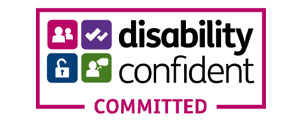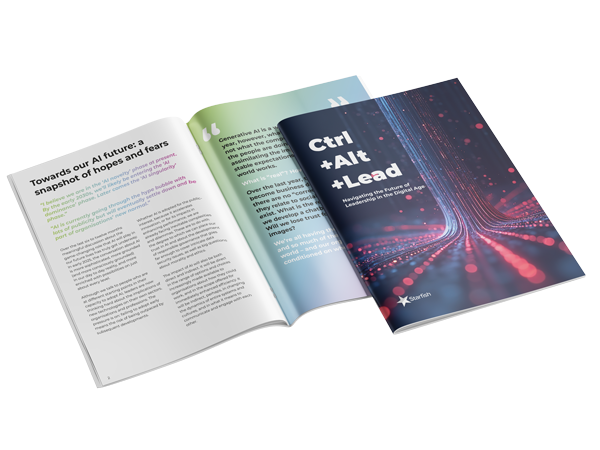How to handle rejections for non-executive Board work
Everyone gets turned down for roles, executive and non-executive, even the most experienced non-executives. But every occasion where a recruitment does not go your way offers a great opportunity for you to deepen your insight and understanding of the way non-executive recruitment works, to connect with the recruiter, and to understand and further hone your own offer. It’s important to expect to find yourself in this situation from time to time, and if you do, here are some words of encouragement:
- Always ask for feedback when you are stood down at the first stage. Try not to avoid or resist it: for the reasons set out below, feedback is rarely a painful thing, but it is important to get some if you can. If feedback isn’t offered in the email or telephone call, ring the hiring organisation or the recruiter and see whether it could be made available on request. In some cases, it may not be offered at all – especially if the field has been very large (it’s not unusual to receive hundreds of applications for some non-executive appointments) but most of the time you should be able to get some.
- It’s all relative. Remember that you will rarely have been turned down because of something you did badly or wrong. Where competition is intense – such as where a field is very large and there are limited interview slots available – candidates who appear to be the most relevant or ‘complete’ may be prioritised. It’s important to ask what the successful candidates had in common, and don’t give up!
- Remember it’s not a perfect science. Boards are complex entities, with many different aspects and requirements inherent in every role. For this reason, success often comes down to a blend in what you can offer against what the Board is looking to achieve. For example, success is unlikely to come down to one professional background, one experience, one skill, or one strength in any candidate. It may take into account useful networks and contacts you can bring, communication style, connection with certain audiences, understanding of particular subject matter, or diversity. Each time you are successful in receiving feedback, ask where your strengths were most noticed so you are aware of that for next time.
The most powerful tool at your disposal in becoming a non-executive is your ability to select opportunities for which you are a good match, and where you have a good chance of standing out of the field for all the right reasons. But every opportunity along the way to understand how you are perceived as a candidate is invaluable. Keep going: don’t give up!
Top Talent: Regeneration and Growth
The growth and infrastructure agenda remains central to the government’s mission, and local authorities across the country are key drivers.
Mastering the Chair and Chief Executive Partnership: Insights from Our Latest Webinar
We recently hosted the second session in our Aspiring Chief Executives webinar series, focusing on a crucial theme for any leader entering the charity sector: Mastering the Chair and Chief Partnership. The session, led by our own Louise Beales, Prinicpal Consultant, and special guest Ciara Eastell, an experienced charity CEO, Chair, and coach, both provided a wealth of practical advice for those stepping into executive roles, especially within non-profit and charitable organisations.
Mastering the Chair/CEO Partnership: Your First 100 Days and Beyond – A Starfish Search Webinar
Starfish is dedicated to supporting leaders at every stage of their journey and we know that one of the hardest steps is how to go about finding the right opportunity, and what to expect when you get your first chief executive role. We are pleased to be running a webinar for our new Aspiring Chief Executives programme.
ACCREDITATIONS


ESPO is a public sector owned professional buying organisation (PBO), specialising in providing a wide range of goods and services to the public sector for over 40 years. Starfish Search has been awarded a place on ESPO’s Strategic HR Services framework (3S). Services we offer under the framework include: Lot 1, Executive and Managerial Interim Recruitment Lot 2, Executive and Managerial Permanent Recruitment.


Starfish are proud to be certified Disability Confident Committed. This scheme provides employers with the knowledge, skills and confidence needed to attract, recruit, retain and develop disabled people in the workplace.


Crown Commercial Service supports the public sector to achieve maximum commercial value when procuring common goods and services. In 2020/21, CCS helped the public sector to achieve commercial benefits equal to £2.04bn - supporting world-class public services that offer best value for taxpayers. Starfish Search has been named as a supplier on Crown Commercial Service’s Executive and Non-Executive recruitment. Services we offer under the framework include: Lot 3 - Non-Executive and Public Appointments.


Bloom, launched in 2012 is the UK’s leading marketplace for professional services. They provide an end-to-end solution for the procurement, contract management and payment of all professional services, via the compliant NEPRO³ framework. Their public sector clients have access to 20 professional services categories and over 4500 accredited suppliers. Bloom provides swift routes to market via either direct award or mini competition. Starfish is an accredited supplier to BLOOM; our services can be accessed via this framework - Executive and Non-Executive Search and Interim Management.
Join the starfish team
We hire people who bring insight, integrity and ambition to their work. If you’re ready to contribute to shaping the future of leadership and you want to explore our current opportunities please get in touch.
